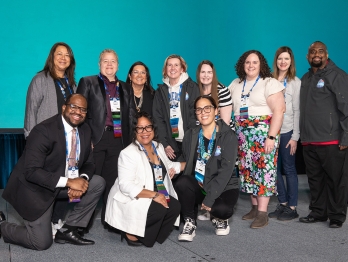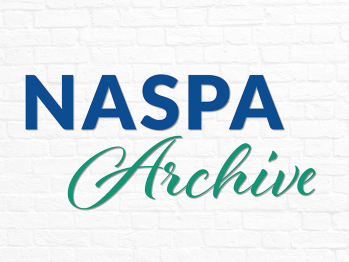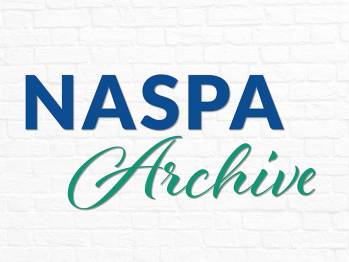The Student Affairs Profession
Foundational and Guiding Documents
To understand the field of student affairs and its role in student learning and development, it’s essential to explore its historical roots and how higher education and society shape each other.
Once called student personnel administration, student affairs has evolved to address enduring and emerging priorities, such as the value placed on developing the whole student, well articulated in the 1937 Student Personnel Point of View, as well as the 2015 ACPA/NASPA Professional Competency Areas, and the more recent developments with the Student Affairs Educator Domains in the Certification for Student Affairs outlined in 2019.
The foundational and guiding documents compiled here not only reflect the history of the profession, but serve as dynamic tools for teaching the principles and values of the student affairs.
Consider using them in the following ways
Host discussions for undergraduates exploring careers in student affairs.
Add them to reading lists for interns, mentees, or student leaders like Peer Educators and RAs.
Assign them in graduate courses to prompt reflection on the profession’s evolution.
Integrate them into new employee orientation, especially for those without a student affairs background.
Use them in professional development sessions, staff meetings, and retreats.
Reference them for job descriptions or guiding individual/organizational evaluations.


